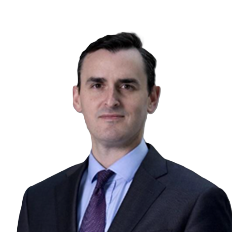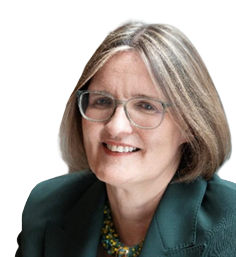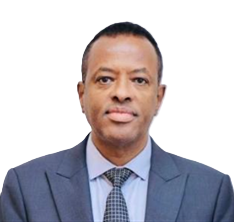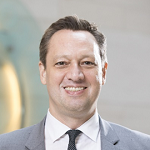Financial markets have recovered from the recent shift in global patterns, but risks remain elevated due to high debt levels, asset overvaluation, and geopolitical uncertainties. Preserving financial stability is thus on the top of policymakers’ agendas around the world. The session will showcase that in many of the IMF’s emerging and developing member countries, including in low income and fragile states, the ability to address growing challenges to the safety and soundness of their financial systems is significantly constrained by low institutional and limited statistical capacity. Reinforcing financial sector resilience in such cases relies upon building capacity and strong partnerships, such as the Financial Sector Stability Fund, where countries’ drive for reforms meets the IMF’s expertise and the enabling support from donor partners. The event will present notable outcomes that have been achieved in countries that have benefited from IMF support through the strengthening of their financial sector regulation and supervision, systemic risk oversight, financial safety nets, and financial sector statistics. It is critical that this work continues in the context of current challenges, with the support of IMF’s donor partners, who will share their perspective as well.






